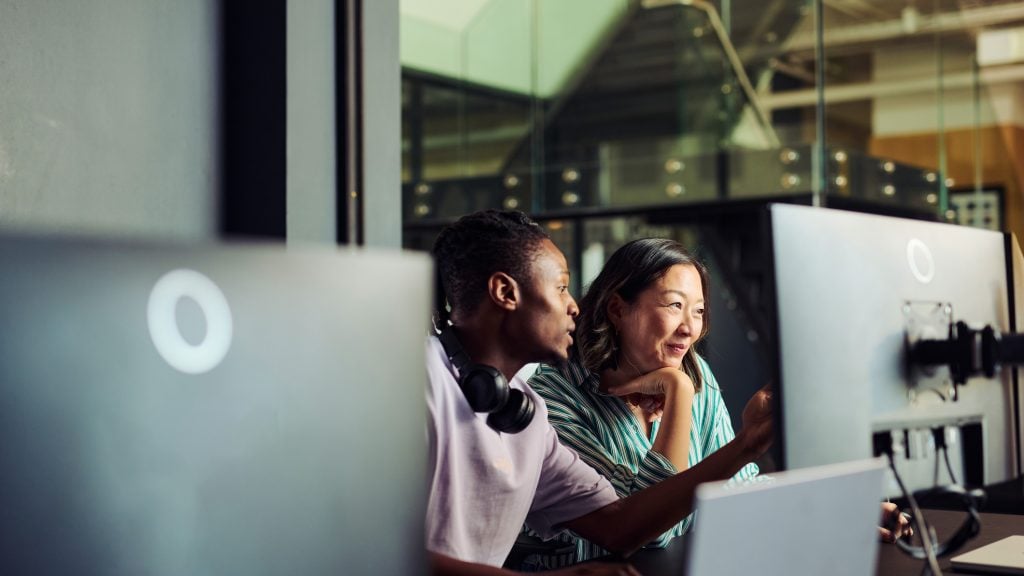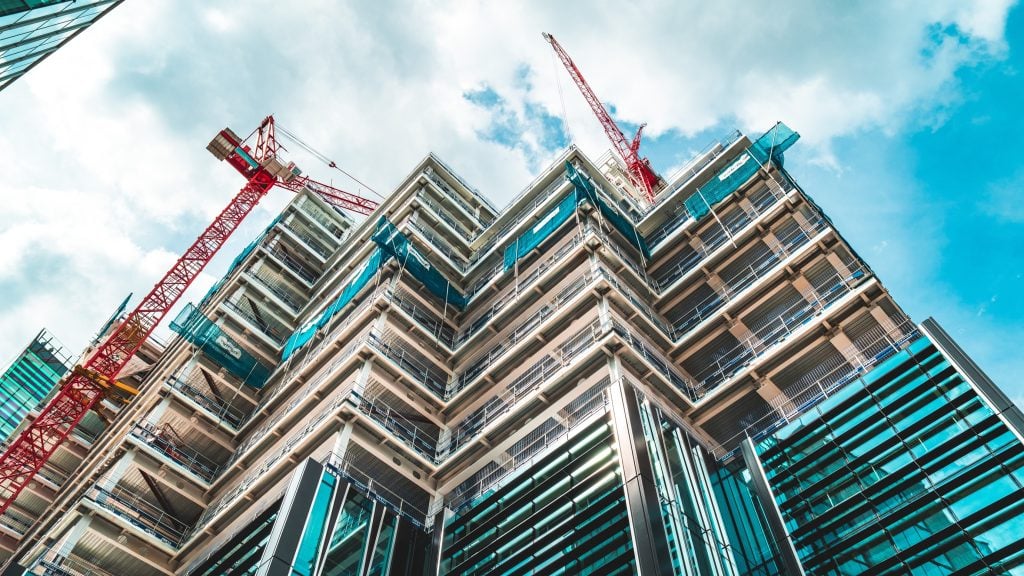
Niger
The largest country in west Africa, the Republic of Niger shares land borders with Algeria, Benin, Burkina Faso, Chad, Libya, Mali and Nigeria. Around 80% of the country lies within the Sahara Desert. French is the country’s official language, and Arabic is widely spoken.
Niger’s economy is based chiefly on subsistence agriculture, which employs around 87% of the population. Agriculture is susceptible to drought and desertification. Government expenditure is largely underwritten by foreign aid and debt relief provided by the World Bank and IMF.
In recent years the government has undertaken a process of privatisation, and has expressed a desire to work with foreign investors.
Niger is a major source of uranium – and the metal is responsible for around 72% of the country’s total export earnings. A global downturn in uranium prices, however, has led to a decline in investment.
There is scope for the further expansion of the country’s mining industry. Niger is known to hold large deposits of gold, and coal, iron and phosphates have also been found. Attempts to locate oil deposits have had mixed success, though the Chinese government is extracting oil in the Agadem block.
Industry accounts for around 15% of GDP. Major products include cement, brick, soap and textiles.
Based in Niamey, Niger’s bustling capital, HLB West Africa offers a number of world class professional services to businesses and individuals looking to invest in Niger.
Featured insights
Latest insights, case studies and news from across the network







